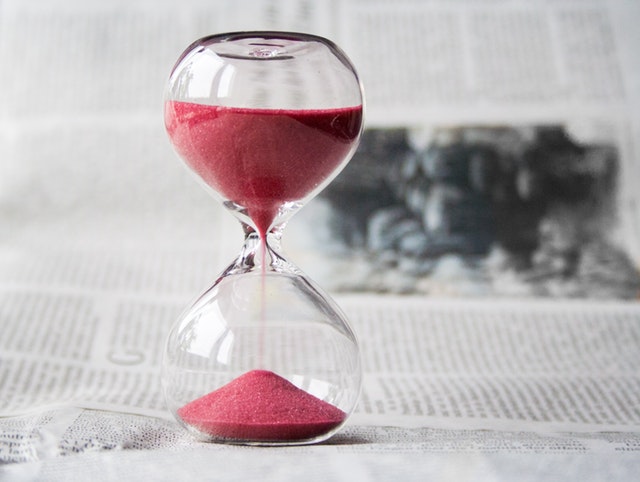I remember in primary school; I would come home from school at around 3 p.m. in the afternoon. Even after gaming, reading and doing other miscellaneous things, I would still have a good two hours left.
Now in high school, I return home, often quite late, do my homework and before I know it, I have to go to sleep. This raises quite a philosophical question in my mind; Does time go faster when you grow older?
The train: A story of why times goes faster when you grow older…
Every Christmas, we usually go to Brussels to visit our family friends. We usually take the train, which takes around 3 hours. The train journey from our place to Brussel, usually always seems like eternity. No matter, what I do, I still get bored; it feels like 7 hours rather than 3. On the contrary, while returning from Brussels, the train ride goes by in a fluke; it feels like 10 minutes rather than 3 hours. However, in reality both rides take the same time.
What happens? Fundamentally, our brains are just lazy.
On the first train ride, our brain processes all the tiny details as everything seems “new” and “potentially dangerous”. On the way back, our brain recognizes that these tiny details did not have any life-threatening impact and rather than re-observing everything again, it just lets it “slide”.
Ergo, since we consciously observe less details, we perceive that time is going quicker. David Eagleman phrased it brilliantly:
“It’s like riding a bike years after you’ve learned how. Remember the first time you got on one, concentrating hard to keep balanced and not fall off, while at the same time avoiding fences, cars, and other obstacles. Eventually you learned how to ride, and all of those details got pushed into your unconsciousness. Think just how annoying it would be to notice every little thing on the road again – so, your consciousness is only alerted when it needs to be – like, “WATCH OUT FALLEN TREE ON THE PATH!”
In fact, in 2005, two renowned phycologists at the University of Munich, Marc Wittman and Sandra Lenhoff conducted an experiment on 500 participants between the age of 14-69. These participants were asked to say how quickly they felt time was moving (from “super slow” to “super-fast”). On average, the answer was “fast”. However, it was observed that most teenagers would give the answer “medium”; while those in their 40’s would give the answer “fast”.
So, does time actually go faster when you grow older?
Yes and no. Time does not actually speed up as we grow older. On the contrary, we are perceiving time as moving faster. This is mostly because, older people have seen the same thing over and over again, so their conscience just ignores it L
But Is possible for old people or anyone to slow time down? Of course! Do things that scare you or try things you have never attempted. Before, you know it, one minute will seem like one decade.

